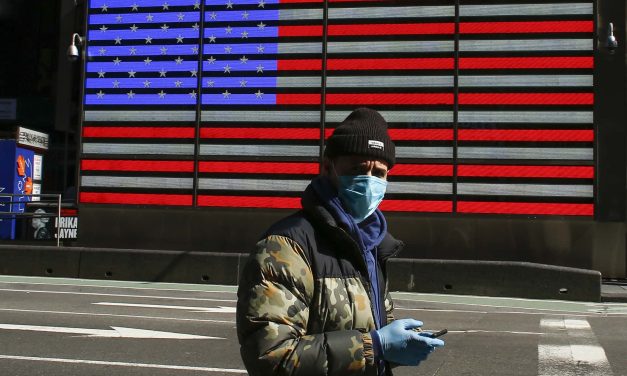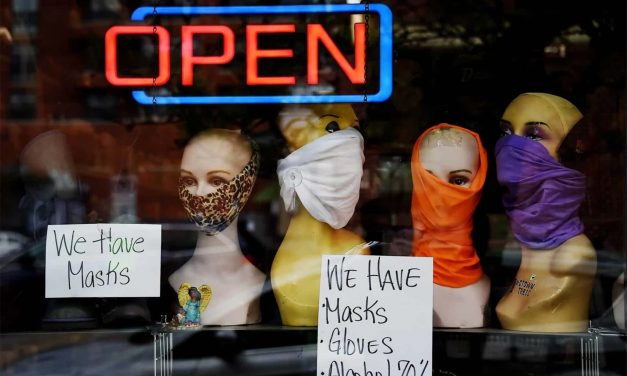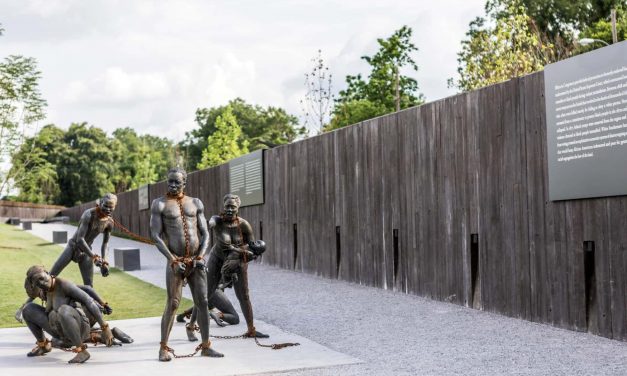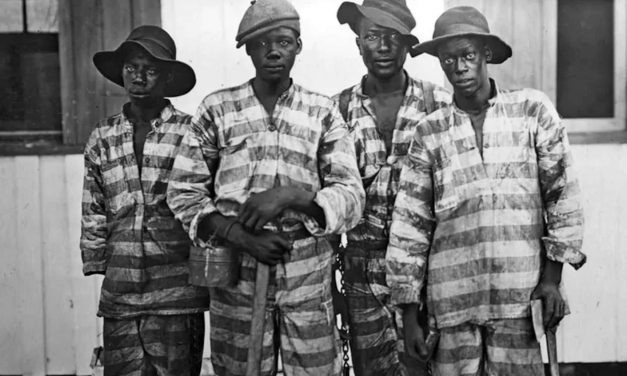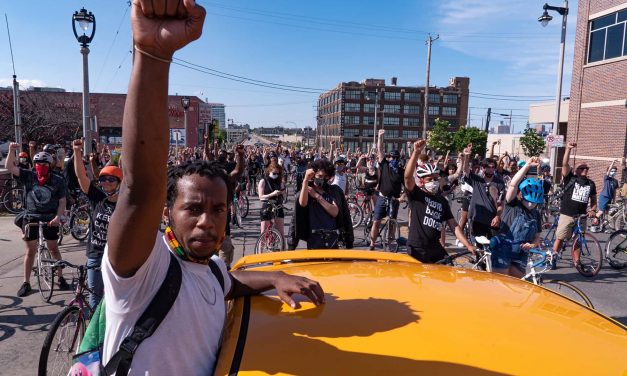White Silence: Why most parents fail to talk about racism with their children
By David Chae, Human Sciences Associate Professor & Director, Society, Health, and Racial Equity Lab, Auburn University; Leoandra Onnie Rogers, Assistant Professor of Psychology, Northwestern University; and Tiffany Yip, Professor of Psychology, Fordham University Though race and racism are at the top of Americans’ public discussion, most white parents don’t talk about those issues with their kids. Research on how white parents discuss race with their children is sparse. However, past research has shown that conversations about race, much less racism, are rare, even when these issues are highly visible – for example, during the Ferguson protests in 2014....
Read More

